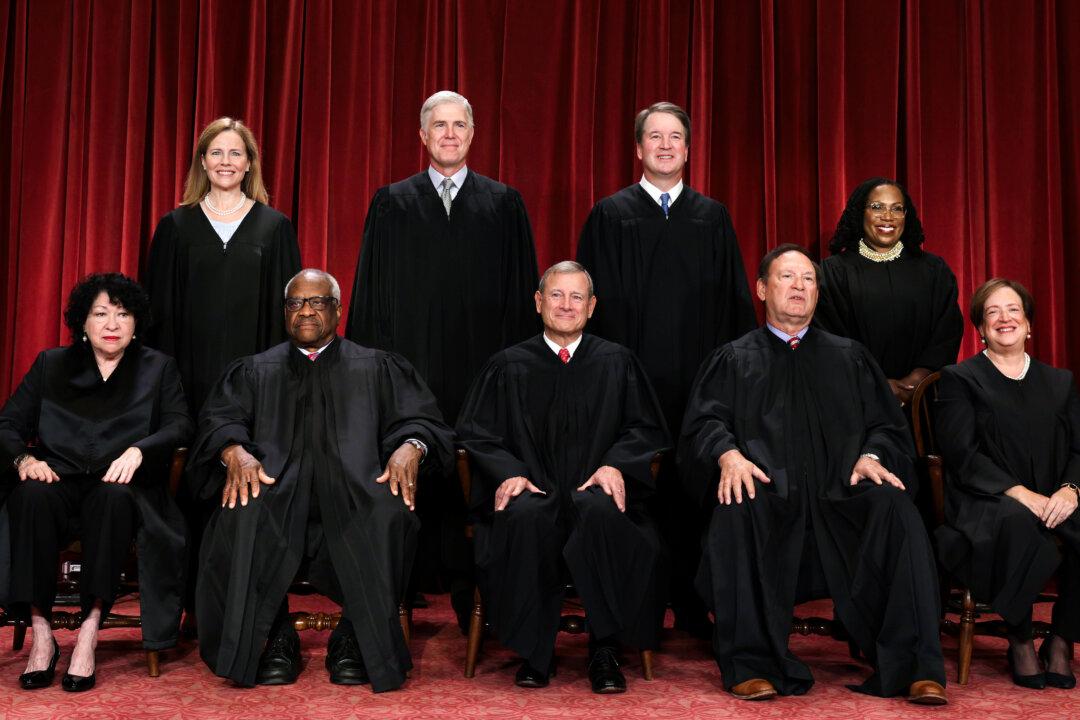The U.S. Supreme Court has released its first-ever code of conduct as it faces greater scrutiny from Senate Democrats and calls for ethics reform.
Released on Nov. 13, the code touches on a long list of areas related to judicial ethics, including guidelines for recusal and disqualification in proceedings. Criteria surrounding financial, fiduciary, and other external activities were provided as well.





